Popularity of EVs presents waste challenge of dead batteries...or does it?
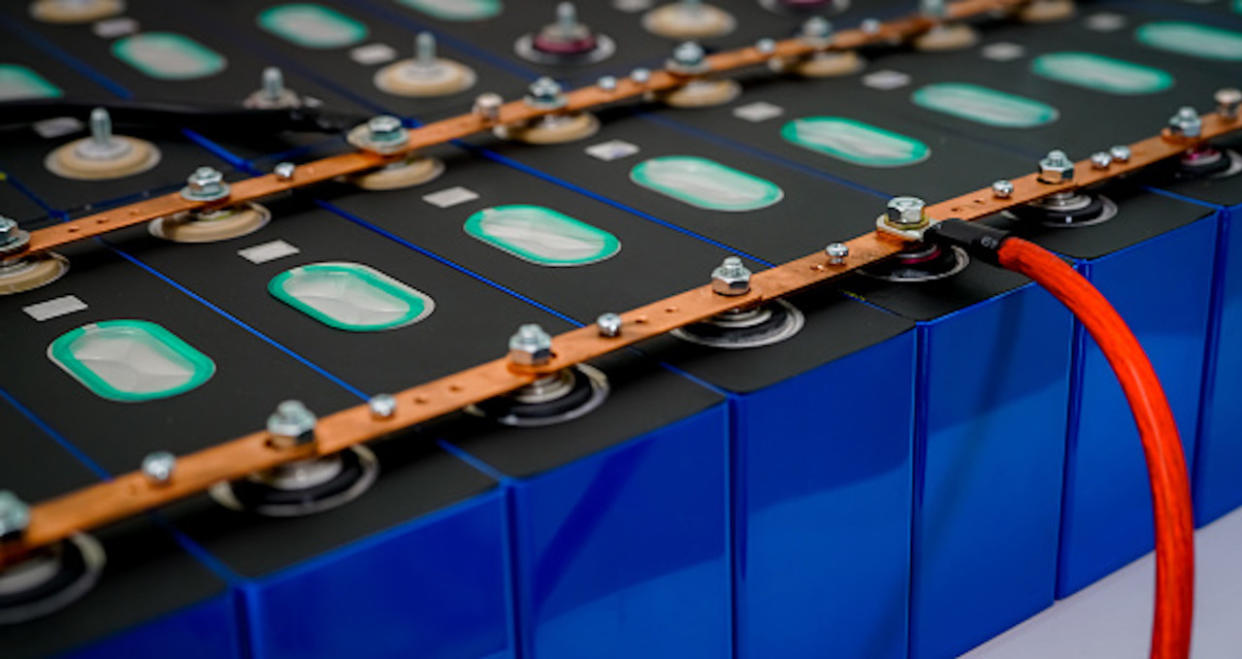
Like any products that have batteries, electric vehicles (EV) will run into the issue of safe disposal or storage of the power sources once they come to an inevitable end.
As more people trade in their gas-powered vehicles for hybrids or electrics worldwide, concerns about what happens to the batteries once they're retired are mounting.
DON'T MISS: Can EV batteries handle Canada's changing climate? Experts weigh in
So, what can we do with the dead batteries? There are multiple options.
In a recent interview with The Weather Network, Cara Clairman, president and CEO of Plug'n Drive, acknowledged we're not at the point, yet, of scrambling for options to dispose them in an environmentally safe manner.
We're still in what she would consider the "early days" of the EV.
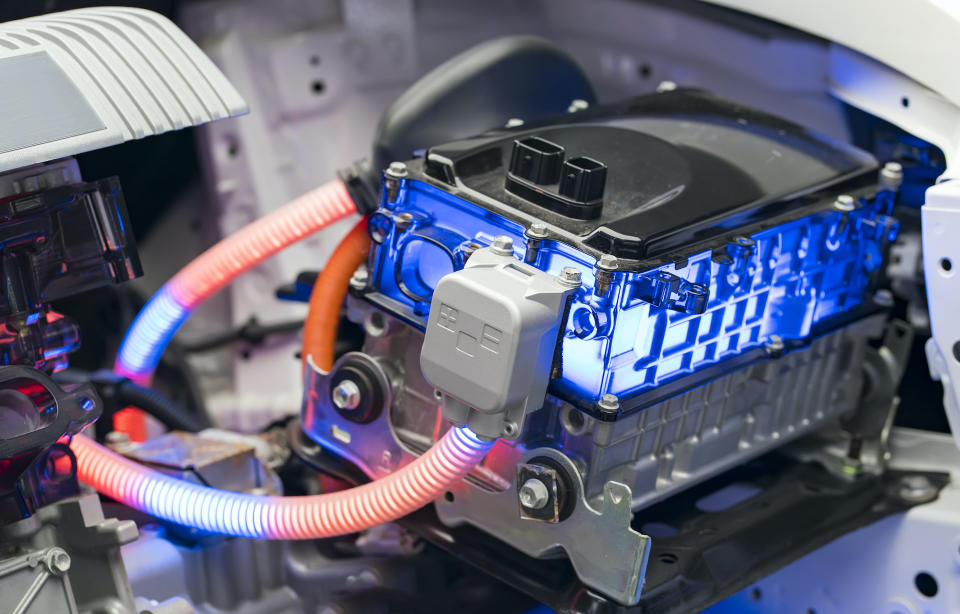
(Getty Images-1198227851)
"The cars are still on the road from 2011. That's really the first model year. The only batteries that we're sort of having as waste right now are ones that come out of accidents, for the most part," said Clairman. "The great news is there is a lot of work on this topic."
Battery can be refurbished and given second life
One of the choices for handling the end-of-life batteries is refurbishment, so they can be put "back into use," Clairman noted.
For example, they can have second lives as the power sources for used EVs, or as backup storages to power buildings or to hold excess electricity generated by solar panels, for example.
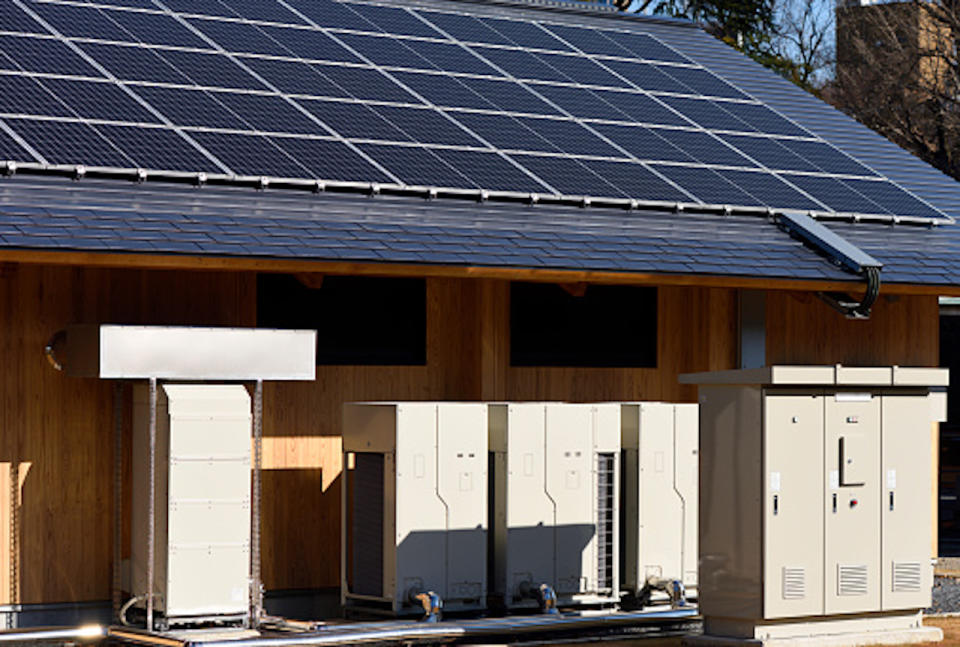
(Getty Images/Kyoshino/1455869696-170667a)
"You take a bunch of used batteries [and] you snap them together, they still have quite a lot of life in them," said Clairman. "They could be used to back up a hospital or a building, or [as] backup charging for electric vehicles, like a battery pack source of electricity."
She said Canada has a "good, circular-economy solution" when it comes to giving a battery a second life. "It [goes] from a car to secondary use, and then to recycling."
WATCH: How to tackle electric vehicle battery waste
Lithium-ion batteries are preferred choice for EVs
The most common type of electric vehicle battery is lithium-ion, considered to be the go-to rechargeable energy source for EVs.
"Lithium-ion batteries are highly suitable for electric vehicles due to their high-energy density, enabling long driving ranges and [resulting in] consistent performance over many charge cycles," said Farzaneh Sadri, an assistant professor at Queen's University, in a recent interview with The Weather Network.
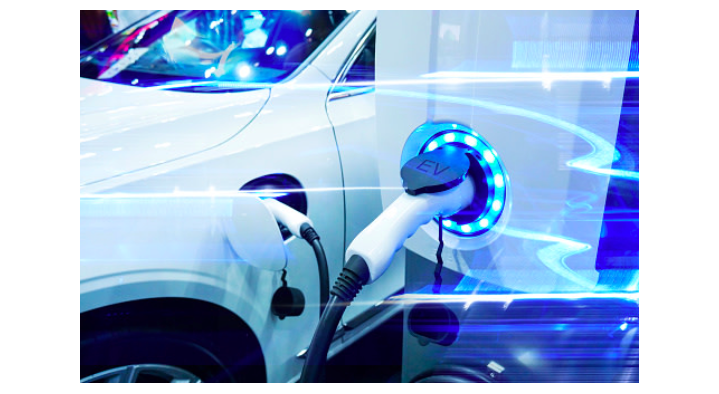
(Getty Images)
"They are safer and more stable than lithium-metal batteries, making them the preferred choice for EVs."
Lithium-ion batteries need proper recycling
The lithium-ion batteries, which are deemed "crucial" for EVs, Sadri said, require safe and eco-friendly handling.
"As more people embrace electric vehicles (EVs) worldwide, concerns arise about what happens to the batteries once they're retired," said Sadri. "Recycling EV batteries will mainly focus on retrieving valuable materials like nickel, cobalt, and lithium, essential for making new batteries," said Sadri.
She was quick to point out, however, that even though recycling can alleviate the need for mining, the demand for those materials may "outstrip the recycled supply" because of the fast growth of the EV market.
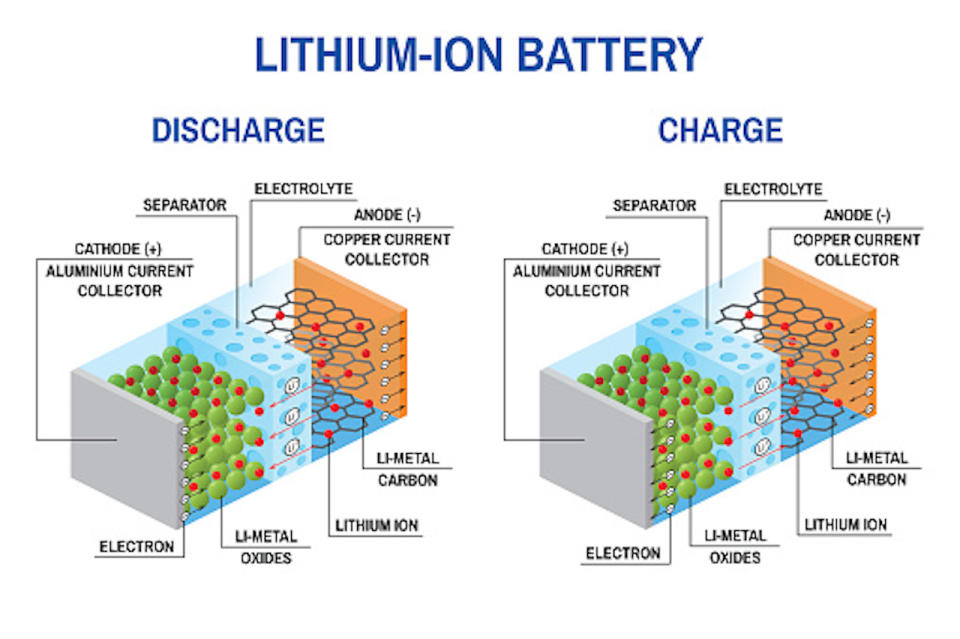
(Getty Images/Ser_Igor/825367806-170667a)
Aside from lithium, nickel, and cobalt, EV batteries contain various materials such as plastics, copper and aluminum, among others.
"While efforts aim to reclaim these materials, some may not be economically feasible to recycle, and might need safe disposal in landfills or specialized facilities," said Sadri.
The Queen's University associate professor said there are obstacles that come with recycling batteries, especially in dismantling them because of a "lack of standardization" across battery packs.
The "complexity" raises costs and safety concerns associated with battery disassembly.
WATCH: Planet versus Plastics: Earth Day 2024 to be celebrated by billions
"Other options involve repurposing old EV batteries for secondary uses. However, the success of these initiatives remains uncertain, given the decreasing costs of new battery technologies," said Sadri.
With a growing number of of battery-recycling startup companies such as Redwood Materials and Li-Cycle, they highlight the increasing importance of sustainable battery disposal, she noted.
"These companies aim to tackle supply chain issues and enhance domestic recycling efforts. Ultimately, the value of EV batteries lies in their component metals, which can be recycled and reused," said Sadri.
In celebration of Earth Day, we're hosting collection events around the country with our partners @Rotary. Bring your batteries and rechargeable devices for recycling and help create a sustainable future! Find your nearest event or drop-off location: https://t.co/b3OCnS3KaO pic.twitter.com/Rt7w1wjL6h
In celebration of Earth Day, we’re hosting collection events around the country with our partners Redwood Materials on Twitter: "In celebration of Earth Day, we're hosting collection events around the country with our partners @Rotary. Bring your batteries and rechargeable devices for recycling and help create a sustainable future! Find your nearest event or drop-off location: https://t.co/b3OCnS3KaO pic.twitter.com/Rt7w1wjL6h / Twitter". Bring your batteries and rechargeable devices for recycling and help create a sustainable future! Find your nearest event or drop-off location: Redwood Materials on Twitter: "In celebration of Earth Day, we're hosting collection events around the country with our partners @Rotary. Bring your batteries and rechargeable devices for recycling and help create a sustainable future! Find your nearest event or drop-off location: https://t.co/b3OCnS3KaO pic.twitter.com/Rt7w1wjL6h / Twitter" Redwood Materials on Twitter: "In celebration of Earth Day, we're hosting collection events around the country with our partners @Rotary. Bring your batteries and rechargeable devices for recycling and help create a sustainable future! Find your nearest event or drop-off location: https://t.co/b3OCnS3KaO pic.twitter.com/Rt7w1wjL6h / Twitter"
"Despite ongoing challenges, recycling offers a promising solution to reduce environmental impact and ensure a sustainable shift towards electric mobility and is ramping up significantly," said Sadri.
Lithium-ion batteries usually last anywhere from five to 15 years, or around 500 to 1,500 charge cycles, Sadri noted. However, it can differ based on usage patterns, charging habits and environmental conditions.
As for replacement costs, they vary on the vehicle make and model, as well as the size and capacity of the battery. On average, replacing a lithium-ion battery in an electric vehicle can range from several-thousand dollars to $20,000, Sadri added.
WATCH: Lithium-ion batteries proving to be the storage of the future
Thumbnail courtesy of Getty Images/Fahroni/423584811-170667a.
Follow Nathan Howes on the X platform, formerly known as Twitter.

